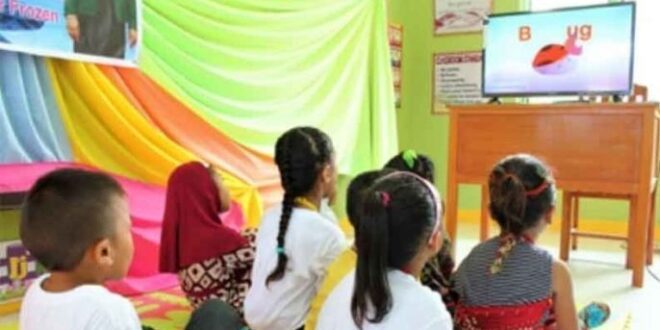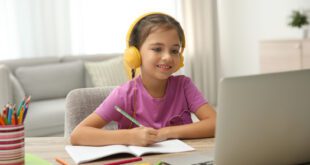Peace Education and the Revised K-10 Curriculum
Peace education holds a “special place” in the heart of Vice President Sara Duterte, according to Makabayan lawmakers who have urged the inclusion of government efforts in peace talks in the revised curriculum for Kinder to Grade 10. Rep. France Castro of ACT Teachers emphasized the need for a “justice component” in peace education, where students are taught about the various peace processes the government has undergone with different sectors. The launch of the revised curriculum, led by Vice President Duterte, highlighted the integration of peace competencies in multiple learning areas, aiming to promote non-violent actions and conflict-resolution skills.
What is peace education?
According to the Department of Education (DepEd), peace education competencies can be found in subjects such as Makabansa (previously Makabayan), Araling Panlipunan, Science, PE & Health, Values Education, Edukasyon sa Pagpapakatao, Technology and Livelihood Education, and GMRC from grades 1 to 10. Vice President Duterte specifically requested the identification of learning areas that include peace concepts in the new curriculum, according to DepEd spokesperson Michael Poa. The concepts taught in peace education relate to self-awareness, social responsibility, disaster risk mitigation, and other topics that encourage learners to seek peaceful resolutions to conflicts.
History of peace talks in the Philippines
Referring to peace negotiations brokered by different administrations, Rep. Castro suggested the inclusion of peace processes in the curriculum. The most recent peace talks between the government and groups engaged in communist insurgency took place in 2016 during former President Rodrigo Duterte’s term. However, the elder Duterte terminated the peace negotiations with the National Democratic Front of the Philippines (NDFP) in 2018. On the other hand, a peace treaty was signed between the government and the Moro Islamic Liberation Front in 2014, resulting in the granting of autonomy to the Bangsamoro region.
The Importance of Peace Education
Peace education goes beyond teaching about peace processes. According to Rep. Arlene Brosas of Gabriela Women’s Party, it should also encompass human rights and democracy. Rep. Raoul Manuel of Kabataan Partylist emphasized the need for the curriculum to contextualize peace education with good governance, demonstrating how the government provides basic social services to Filipinos. Manuel emphasized that peace should not be separated from good governance, as they are interconnected.
The Alliance of Concerned Teachers and the reopening of peace talks have been a point of controversy. Education Secretary Leonor Briones criticized Rep. Castro and the Alliance for pushing for the reopening of peace talks following a clash between the military and the New People’s Army. Vice President Duterte has expressed her reservations about peace negotiations with the CPP-NPA, describing them as a “trap” that would legitimize the group’s terrorism.
 Mind Uncharted Explore. Discover. Learn.
Mind Uncharted Explore. Discover. Learn.



